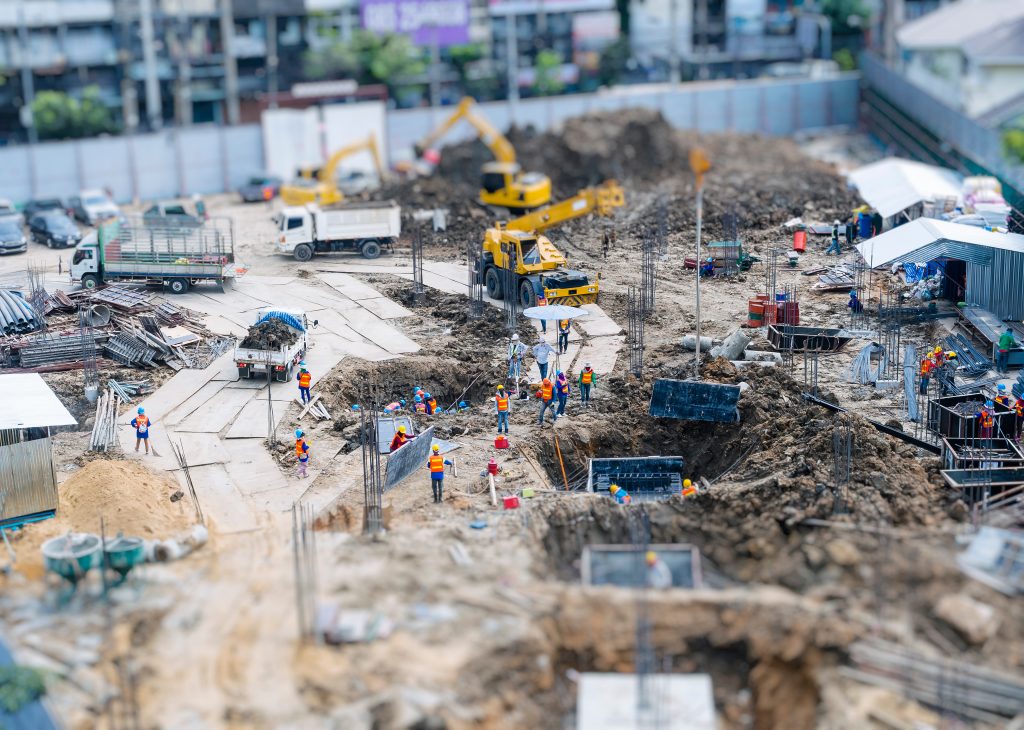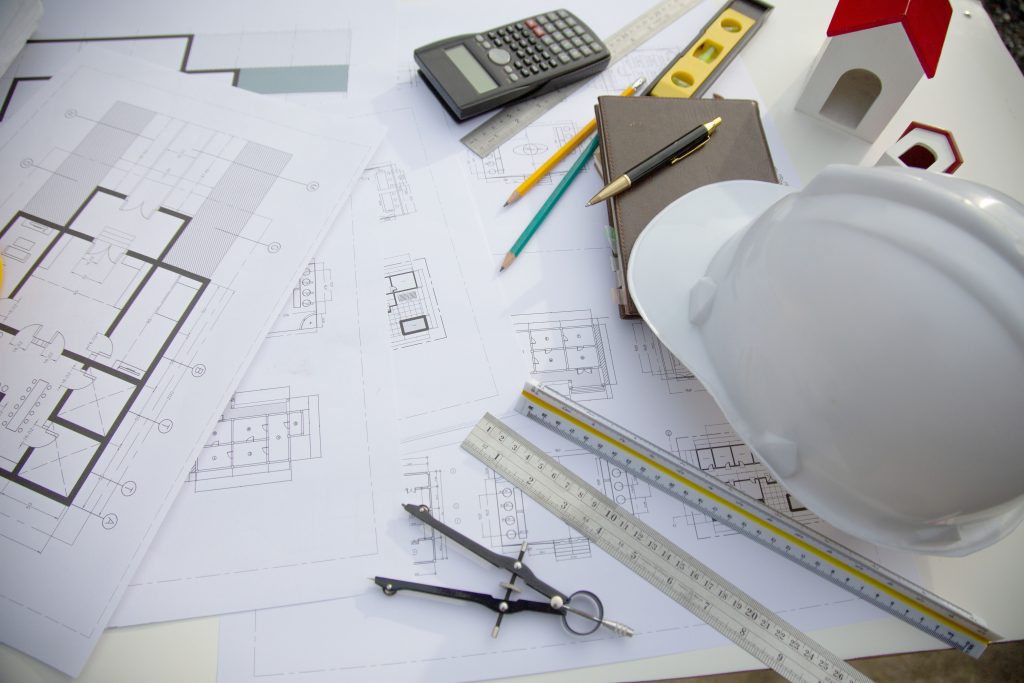Exploring the Impact of Modular Building Techniques on Modern Construction Practices
Modular fabrication, a revolutionary approach to construction, has been making waves in the industry for quite some time. With a focus on efficiency, cost savings, and environmental sustainability, many are wondering if modular fabrication is driving significant change in the construction sector. In this article, we will delve into the concept of modular fabrication, its benefits, and the future of this innovative technique in the construction industry.
Although Modular construction seems like a relatively modern concept, its history dates back to the 1830s. The earliest recorded use of this style of construction was by a London-based carpenter who designed a built modular items which were then transported to Australia.

What is Modular Fabrication?
Modular fabrication, also known as prefabrication, off-site construction, or modular building, is a process where building components are manufactured in a controlled factory environment. These components, called modules, are then transported to the construction site and assembled, resulting in a completed structure. Modular construction techniques have been utilized in various types of projects, ranging from residential housing to commercial buildings and infrastructure.
The Benefits of Modular Fabrication
Time and Cost Savings
One of the most significant advantages of modular fabrication is the reduced construction time. By manufacturing building components off-site, parallel construction processes can occur, shortening the overall project timeline. This results in cost savings, as labour and equipment rental expenses are minimized. Additionally, modular construction enables better control over material waste, further reducing costs.
Enhanced Quality Control
Modular fabrication allows for stringent quality control measures, as components are produced in a controlled factory environment. This reduces the risk of defects, ensuring that the final product is of the highest quality. Additionally, the use of standardized components in modular construction ensures consistency across projects.
Sustainability and Environmental Impact
Modular construction has a lower environmental impact compared to traditional construction methods. The factory-controlled process minimizes waste, and the reduced construction timeline leads to fewer emissions from on-site equipment. Furthermore, many modular buildings are designed with energy efficiency in mind, contributing to a greener, more sustainable future.
Flexibility and Customization
Modular buildings offer flexibility in terms of design and customization. Modules can be reconfigured, expanded, or relocated to suit evolving needs, making it an ideal solution for industries that require adaptable infrastructure.

Is Modular Fabrication Driving Change in the Construction Industry?
With the numerous benefits associated with modular fabrication, it’s evident that this construction technique is driving significant changes in the industry. Many construction firms are adopting modular building methods to capitalize on the advantages of reduced costs, enhanced quality control, environmental sustainability, and flexibility.
Moreover, as the global demand for sustainable, affordable, and energy-efficient buildings continues to grow, modular construction is poised to play an increasingly critical role in the construction sector. In the coming years, we can expect to see even more innovative developments in modular fabrication, further transforming the construction landscape.

Conclusion
In the construction industry, modular fabrication is emerging as a game-changer. The benefits of modular construction, including reduced construction time, improved quality control, and cost savings, are driving its widespread adoption across various sectors. Although challenges remain, such as the need for standardization and regulatory changes, the potential for modular construction to revolutionize the way we build is clear. With advancing technology and growing demand for sustainable and efficient construction methods, modular construction is poised to drive change and shape the future of the industry. Explore how modular fabrication is driving change in the construction industry today.


